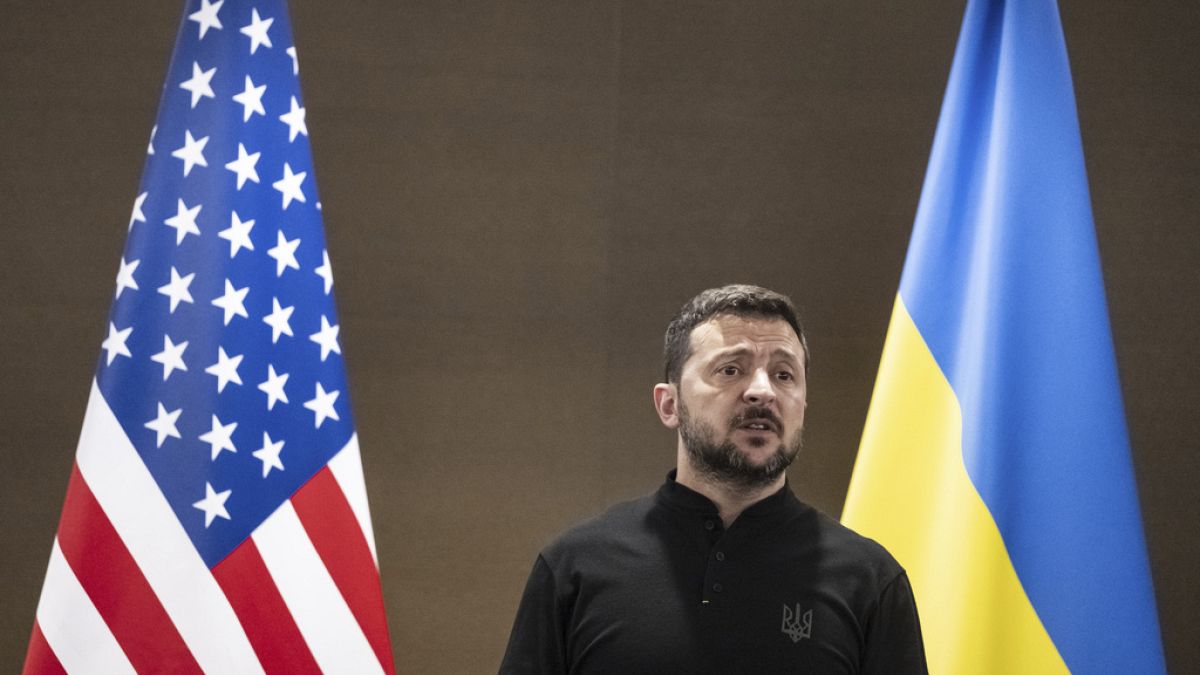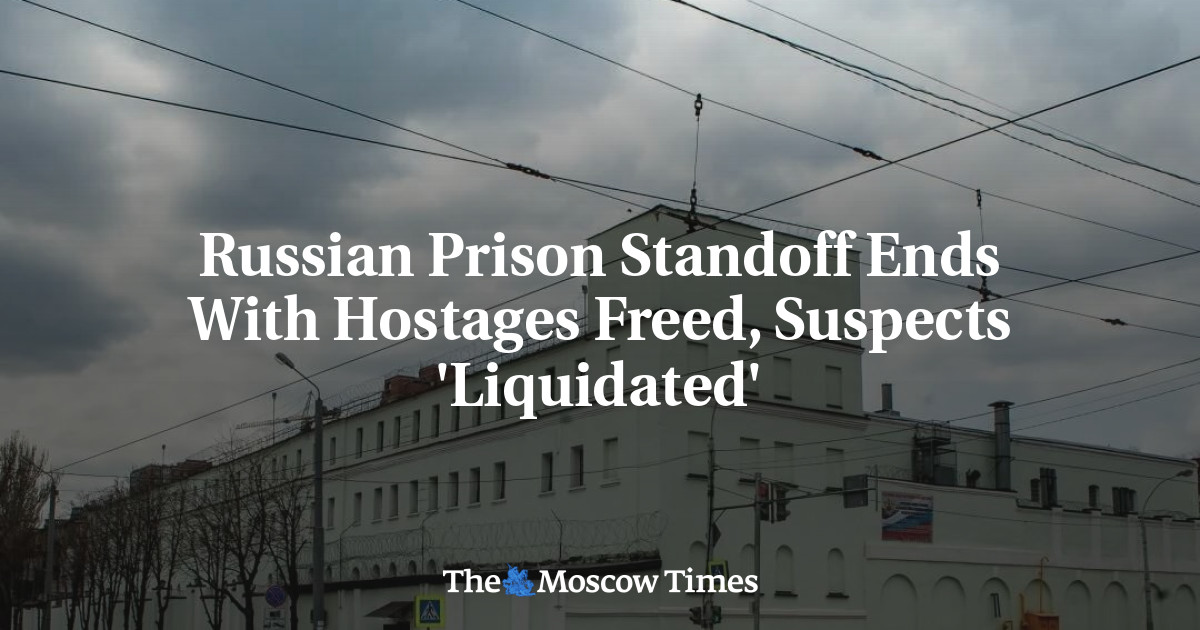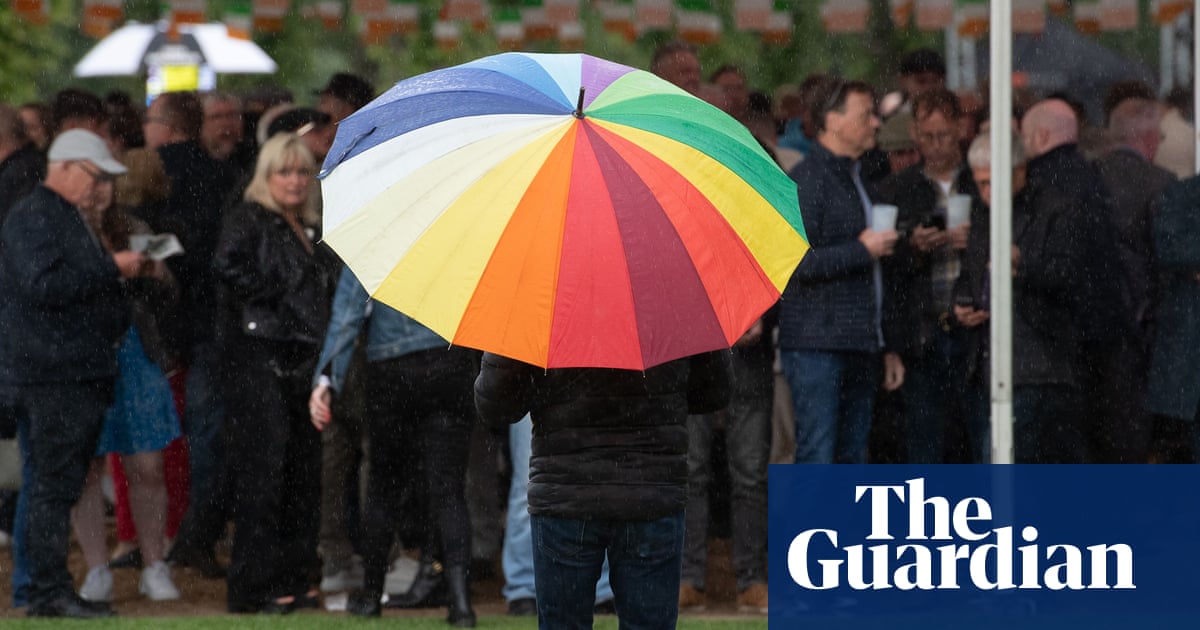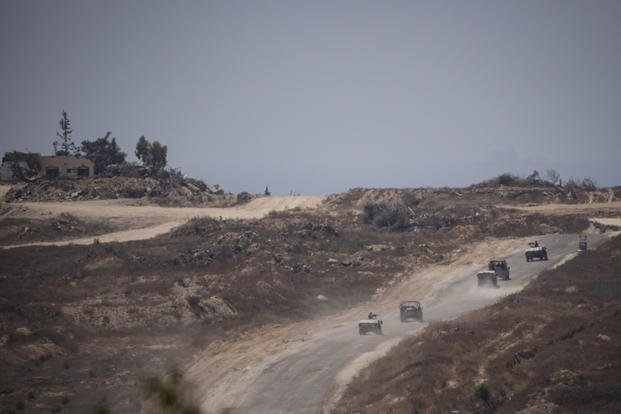Bill Shorten says Dutton’s promise to reduce migration intake ‘a bit of a slogan’
The minister for the NDIS, Bill Shorten, is being asked about opposition leader Peter Dutton’s promise to reduce Australia’s migration intake on ABC Radio National, saying “it was a bit of a slogan”.
Both sides have talked about trying to reduce some of the pressure caused by large numbers of people coming to Australia. Mr Dutton has offered one way. But the real criteria I feel is that you look at net overseas migration.
What we need to do is reduce, I think, in a structured way, the number of visas we’re issuing for people to come to this country. We want to get it back towards long-term average.
[Dutton] said: ‘I want to reduce the number of permanent citizens that we issue from 180,000 to 140,000’. But a lot of these people are already here.
Key events
Australia to impose sanctions on bodies associated with North Korean arms exports to Russia
Entities linked to North Korea’s supply of weapons to Russia for its war with Ukraine have been sanctioned by Australia.
The foreign affairs minister, Penny Wong, revealed Australia, in coordination with international partners, would be imposing financial sanctions on six bodies associated with North Korea’s arms exports to Russia.
The continued transfer of weapons is a “flagrant violation” of United Nations Security Council resolutions, and Wong said Australia will continue working with allies to address the security threat posed by North Korea.
“Australia condemns, in the strongest possible terms, North Korea’s illegal export and Russia’s procurement and use of North Korean ballistic missiles, in support of Russia’s full-scale war against Ukraine,” she said in a statement.
“The use of North Korean ballistic missiles by Russia increases the suffering of the Ukrainian people, supports Russia’s illegal and immoral war of aggression and undermines the global non-proliferation regime.”
The developing relationship between two authoritarian nations has “grave implications” for Europe, the Korean peninsula and the Indo-Pacific region, Wong said.
She urged North Korea and other nations to comply with the United Nations resolutions and make moves towards permanent peace.
“Australia remains steadfast in supporting Ukraine to defend itself,” she said.
“Today’s announcement underscores that those who provide material support to Russia’s illegal and immoral war will face consequences.”
– Australian Associated Press
Shorten and Dutton clash over reduced migration
Earlier this morning the NDIS minister, Bill Shorten, and the opposition leader, Peter Dutton, clashed over Dutton’s promise to reduce Australia’s migration intake in his budget reply speech last night.
Appearing on Today, Shorten said: “You said we cannot have those foreigners buying houses. Now that sort of sounds interesting. So I went and checked overnight. How many people in the last two years who are foreigners bought houses in Australia, Pete?”
Dutton replied:
Well, Bill, a couple of points. One is that we say that, in the first year, 40,000 homes will be freed up. That includes the numbers who would be bidding at auctions this weekend against Australian citizens.
If the government had have adopted our policy over a five-year period, you would free up 325,000 homes. So the number of people who are foreign citizens, who are buying houses in our country is low, but nonetheless it contributes to an overall shortage of housing in our country.
Later on ABC RN, Shorten said he “went back and checked overnight” and “in the last two years, less than 5,000 foreigners have bought houses”.
Funding package to help women who suffer miscarriages
Women who experience miscarriage will receive bereavement support and boosted follow-up care through $9.5m in new federal government funding.
The support package will also address gaps in data to understand more about miscarriage, the assistant health minister, Ged Kearney, announced on Friday.
It is estimated up to 110,000 Australian women experience a miscarriage every year, taking a lasting toll on their physical and mental health.
This is especially so for the 1% to 2% who have three or more miscarriages in a row.
Gearney said women who experience miscarriage commonly report a lack of information, poor access to follow-up care and limited referral to counselling or other services.
They can also experience stigma and a feeling of shame compounded by a medical system that doesn’t meet their needs.
– Australian Associated Press
Shorten defends NDIS spending
Shorten says the recent federal budget’s anticipated savings of $28bn on the NDIS will not mean a cut for services, speaking on ABC RN:
We spent $42bn this year, we’re going to spend $46bn next year. By the fourth year we’re going to invest $60bn in the NDIS.
When you put it in the context that we’re going to invest over $200bn, the [anticipated savings is] actually is far less drastic for people on the scheme than it sounds.
The reality is [the NDIS] is growing too fast … We still want the scheme to grow by 8% in three years but it can’t keep growing at 20%. So we’re putting in place measures to stop money being wasted.
Bill Shorten says Dutton’s promise to reduce migration intake ‘a bit of a slogan’
The minister for the NDIS, Bill Shorten, is being asked about opposition leader Peter Dutton’s promise to reduce Australia’s migration intake on ABC Radio National, saying “it was a bit of a slogan”.
Both sides have talked about trying to reduce some of the pressure caused by large numbers of people coming to Australia. Mr Dutton has offered one way. But the real criteria I feel is that you look at net overseas migration.
What we need to do is reduce, I think, in a structured way, the number of visas we’re issuing for people to come to this country. We want to get it back towards long-term average.
[Dutton] said: ‘I want to reduce the number of permanent citizens that we issue from 180,000 to 140,000’. But a lot of these people are already here.

Jordyn Beazley
A new tariff that will see solar panel owners charged for exporting their energy during the middle of the day could discourage solar uptake, consumer groups say.
Ausgrid, which has around 280,000 customers in New South Wales with rooftop solar panels, has introduced a two-way tariff system to incentivise solar panel owners to export their power into the grid in the evening, when it is most needed.
This will include a charge to solar panel owners of 1.2 cents a kilowatt hour to send electricity to the grid between 10am and 3pm once exports hit above a free threshold.
Read the full story here:
Victoria police ‘monitoring’ University of Melbourne pro-Palestine protests
Victoria police is “continuing to work closely with the University of Melbourne in response to ongoing protests”, it has confirmed in a statement after students were threatened with police action over a pro-Palestine sit-in on Thursday.
There hasn’t been a request for police to intervene or remove any protesters yet, according to the statement, but “police are constantly monitoring the activity and are well equipped to respond to any public order issues if required”.
Police will continue to liaise with university security and patrol the area to provide reassurance to the broader community.
People can only been removed by police from private property if a formal report of trespassing is made.


Elias Visontay
Australia records worst road fatalities since 2012
Australia’s roads are becoming more deadly, with the latest 12-month figures the worst since 2012.
There were 1,310 deaths on Australian roads in the year up to 30 April, an 11.2% increase, and the highest number of deaths recorded in a 12-month period since the same number of fatalities were recorded in the year ending 30 November 2012, according to the data from the Bureau of Infrastructure and Transport Research Economics.
The figures include a 31.2% surge in fatalities in New South Wales and a 35.3% increase in the Northern Territory – a jurisdiction which received funding injections for road safety programs more generous than others in Tuesday’s budget. Fatalities also increased by 12.4% in Victoria, 5.7% in Queensland and 9.8% in South Australia.
Road deaths have been trending upwards in recent years, despite a long-term campaign to bring down fatalities, with the peak motoring body, the Australian Automobile Association (AAA), pleading for an agreement from states and territories and funding to collate road accident data so experts can better understand what is causing the uptick in danger. In its recent budget, the federal government unveiled funding and plans to share the road data.
Michael Bradley, the AAA managing director, called on state and territory leaders to comply with the government’s road trauma data sharing initiative. Bradley said:
These figures tragically show Australia’s current approach to road trauma management is failing and that we need a data-driven response to a problem killing more than 100 people every month.
Jim Chalmers tells Guardian Australia about his budget balancing act
As mentioned at the top, Jim Chalmers has sat down with our political editor, Karen Middleton, to explain the thinking behind this week’s federal budget.
He also revealed that the party is going to splash $45m on advertising to promote its Future Made policy.
Chalmers rejected the suggestion that taxpayers should not have to pay for the government to explain its vision to them:
Some of these changes that we’re contemplating are big, meaty changes. We’re talking about, over time, transforming our energy base, transforming our industrial base, our human capital base, and so it’s not, I think, unreasonable or unusual to provision in a responsible way to communicate that to people.
Karen’s full story is here:
And you can listen to what he had to say in our Australian Politics Podcast here:
Rise in rental availability gives hope to tenants
Australian renters looking to move house had slightly more choice in April but, with competition for vacant homes still fierce, prices will probably continue to rise, Australian Associated Press reports.
Vacancy rates have been holding at low levels in most parts of the country, leaving more renters scrambling to secure the few available properties and pushing market rents higher.
And while a minor rise in the national vacancy rate was recorded in April, according to real estate data firm PropTrack, conditions for renters remain tough, with just 1.21% of properties sitting vacant during the month.
Even with the 0.09 percentage point lift in April, PropTrack economist Anne Flaherty said vacancy rates were still less than half the level considered healthy:
With vacant properties scarce, homes that do come up for rent are continuing to see high levels of competition, which is driving rent prices higher.
Canberra and Perth had the most substantial increases to vacancy rates, with the latter recording its first increase in vacant rentals since July 2022.
Tenants looking for a new place have endured a 9.1% rise in advertised rents in the 12 months to March, based on the property data firm’s figures, and Reserve Bank of Australia analysis suggests there’s more pain to come.
The dynamics in the housing market keeping rents and property prices high are taking time to unwind, the central bank’s chief economist, Sarah Hunter, said in a speech on Thursday.
New home building has been sluggish, fewer people are living together and the population has been growing fast since borders reopened, keeping prices elevated.
And although there were signs developers were responding to strong demand for housing by building more homes, Hunter said this was taking time and many projects were still not viable.
Welcome

Martin Farrer
Good morning and welcome. It’s been a busy old week but there’s still a lot of news to come. I’m Martin Farrer and I will guide you through the best of the breaking news before Rafqa Touma comes along shortly.
Jim Chalmers in particular has had a busy week and sat down with our political editor, Karen Middleton, to explain the thinking behind his cost-of-living budget. He also reveals a $45m advertising blitz to spruik the government’s plans to fund and underwrite clean-energy technology and innovation under the banner Future Made in Australia. More coming up. But his budget was attacked last night by opposition leader Peter Dutton, who said in his official reply that he would said cut permanent migration by a quarter.
After framing the budget in terms of helping people with the cost-of-living crisis, Chalmers and the rest of the government will be pleased to note that renters had slightly more choice last month. A survey out this morning shows that there was a minor rise in the national vacancy rate, according to real estate data firm PropTrack. But it’s still a tough market with just 1.21% of properties sitting vacant during the month. There might also be a glimmer of light for borrowers after the prospect of a cut in US interest rates sent the Dow Jones industrial average powering past 40,000 points. Three UK banks cut mortgage rates as well. That could mean the RBA could follow suit sooner rather than later.
Tens of thousands of women fleeing family violence are unable to get legal assistance each year, forcing them to represent themselves in court, incur huge debts to pay legal fees, agree to unfair parenting and child support arrangements, or stay in abusive relationships. Alleged perpetrators are using the legal system to drag out proceedings, forcing women to either run up huge costs of up to $200,000 or endure abuse. “He just wants to keep fighting and fighting,” one woman tells our reporter Kate Lyons. “It really came very close to completely destroying my life.”
.png)
 1 month ago
21
1 month ago
21









 English (US)
English (US)